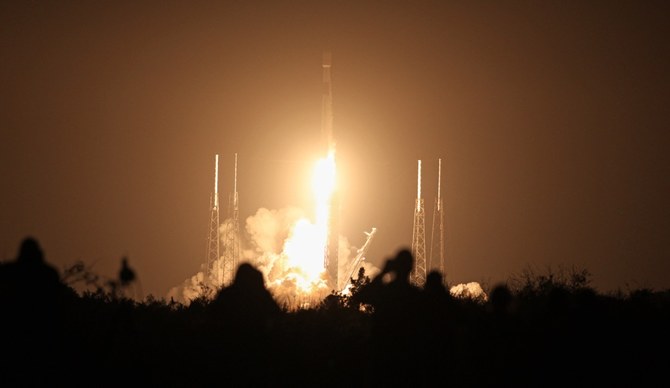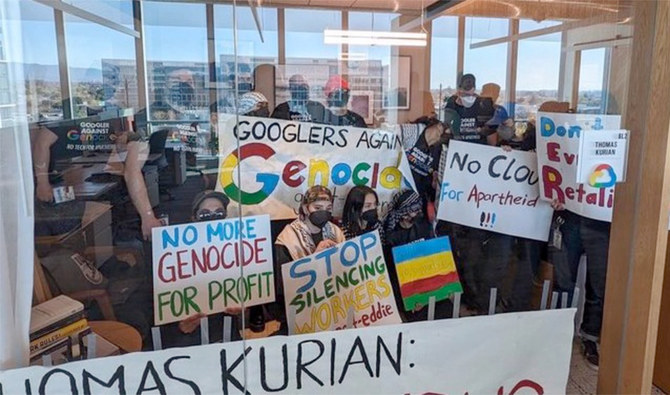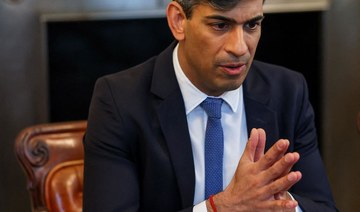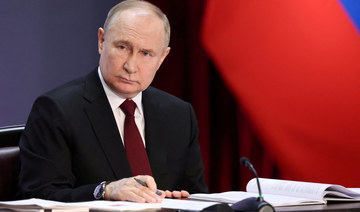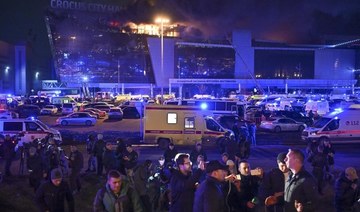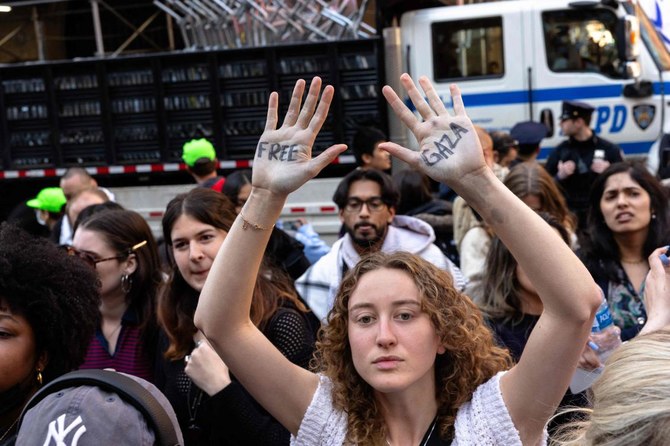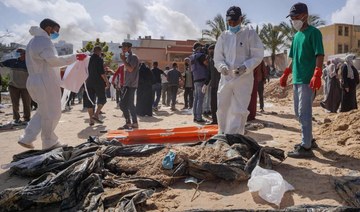MONTEVIDEO: More than 15,000 people have been killed by the novel coronavirus in Latin America and the Caribbean as of 0230 GMT Wednesday, according to an AFP tally based on official reports.
Across the region more than 282,000 COVID-19 cases have been officially reported.
Topping the death toll list is Brazil, with 7,921 fatalities and 114,715 cases; followed by Mexico with 2,271 fatalities and Ecuador with 1,569 deaths.
Experts believe that the pandemic will peak in Latin America in the coming days.
Several countries, including Ecuador, Colombia and the Dominican Republic, have extended their lockdown measures in an attempt to halt the spread of the virus.
The Pan American Health Organization (PAHO) has asked governments to be “cautious” when they begin to loosen restrictions, warning that virus transmission remains “very high” in Brazil, Ecuador, Peru, Chile and Mexico.
Brazil was the first country in the region to report a case of the novel coronavirus on February 26. The patient was a 61-year-old man who had been traveling in Lombardy, one of Italian regions most affected by the pandemic.
The International Monetary Fund said they expect a 5.2 percent GDP contraction across the region due to the coronavirus crisis.
Alejandro Werner, head of the IMF’s Western Hemisphere section, said the region faces the specter of another “lost decade” between 2015-25, comparable to the no-growth era of the 1980s.
The COVID-19 virus has killed more than 254,000 people around the world and infected more than 3.6 million people.






